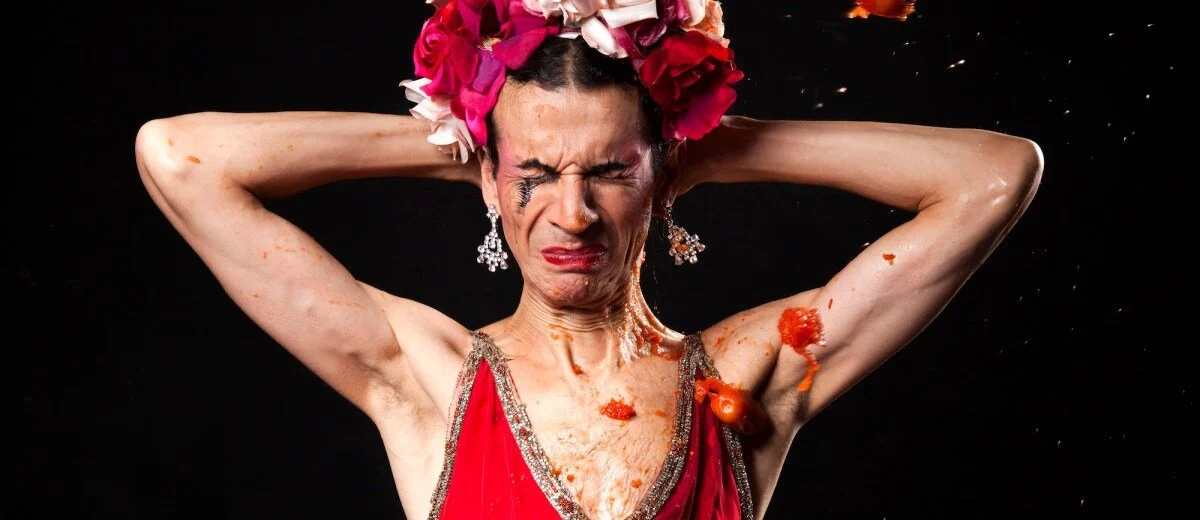Theatre has a knotty relationship with decadence. In eighteenth-century France, the author Louis Charpentier dedicated a whole book to the topic of theatre’s ‘decadent’ decline. A century later, and the writer and critic Anatole Baju called for the abolishment of theatre altogether on the grounds that it wasn’t decadent enough. At the turn of the twentieth-century, the North American performance scholar Richard Schechner forecast that theatre would be ‘the string quartet of the twenty-first century’, fit for a tired bourgeoisie. Theatre, it seems, is either irremediably decadent, too grounded in the humdrum for its decadence to be of any value, or a trivial pursuit for the leisure class.
Theatre and decadence evoke multiple and discordant resonances, then, but their framing as fault or shortcoming only tells part of the story.
Staging Decadence: Decadent theatre in the long twentieth century was initially funded by the Arts and Humanities Research Council, and has since developed into an ongoing platform for fostering new collaborations, opportunities and initiatives. It looks at how theatre makers have been engaging with decadence as an embodied and enacted practice, one that has much to offer to our understanding of cultural politics both historically, and in the present moment.




![Rose Wood as reclining Vitruvian [Wo]man. Photo by Michel Delsol, all rights reserved..jpg](https://images.squarespace-cdn.com/content/v1/5f64b0c996eabd430f71ee96/1653036387151-KYFZ94SJW5CWGT4VSYUK/Rose+Wood+as+reclining+Vitruvian+%5BWo%5Dman.+Photo+by+Michel+Delsol%2C+all+rights+reserved..jpg)